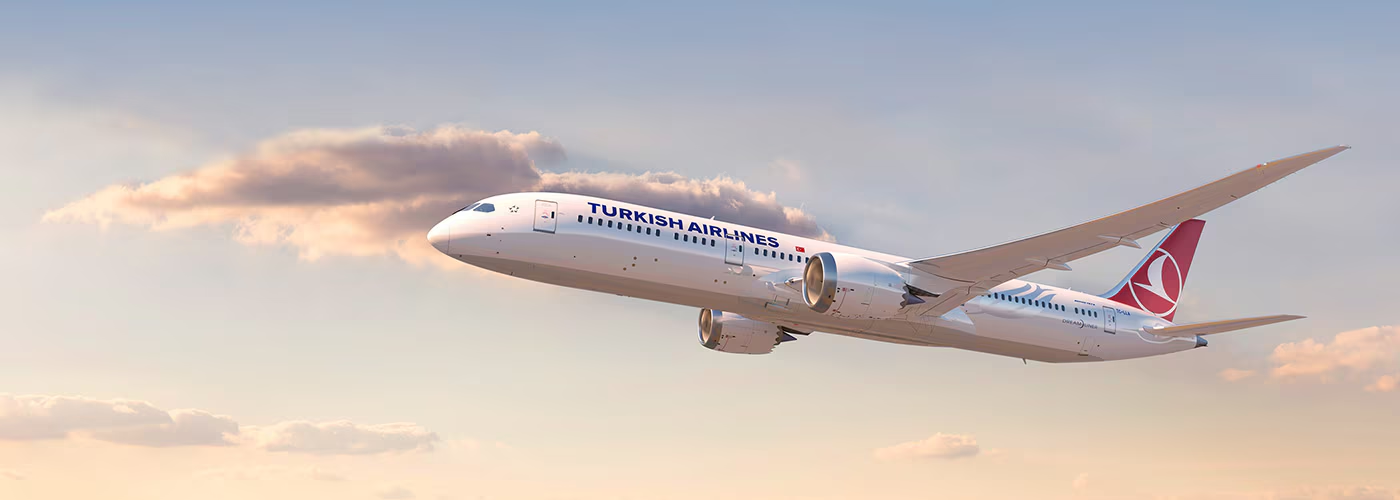The Curious Case of Row 13: Why Some Airlines Avoid It?
Have you ever wondered why some airplanes skip row 13 in their seating arrangements? A quick look at the seat map during your next flight selection might reveal that row 13 is mysteriously missing. This peculiar practice stems from the long-held superstition that the number 13 is unlucky—a belief that has influenced various airlines around the world.
Why Row 13 is Absent?

The superstition surrounding the number 13, known as triskaidekaphobia, is deeply rooted in many cultures. It is believed to bring bad luck, prompting airlines to omit row 13 from their seating to ease passengers’ minds. While this may seem like a trivial adjustment, it is a small change that can significantly enhance passenger comfort. If travelers are uneasy about sitting in row 13, avoiding its inclusion can make their flying experience more pleasant.
Airlines That Skip Row 13

A number of airlines across different regions have adopted this practice. For example:
- European Airlines: Iberia, Lufthansa, Air France, ITA Airways, and Ryanair.
- UK Airlines: Virgin Atlantic skips row 13, whereas British Airways, easyJet, and Jet2.com do not.
- US Airlines: United Airlines (on most aircraft) and Alaska Airlines (on the 737-800) skip row 13, but Delta, American Airlines, and Southwest Airlines do not.
- Middle Eastern Airlines: Emirates and Qatar Airways also avoid row 13.
- Asian Airlines: China Airlines, Cathay Pacific, Hong Kong Airlines, Thai Airways, and Singapore Airlines follow this practice.
The Origins of the Number 13 Superstition
The superstition surrounding the number 13 has several origins. One widely known explanation comes from Christianity, where Judas Iscariot, the apostle who betrayed Jesus, was the 13th guest at the Last Supper. In Norse mythology, Loki was the 13th god to arrive uninvited at a banquet, leading to chaos and sorrow.
The fear of the number 13 has been perpetuated through cultural symbols and media representation. According to Ohio State University, humans are naturally inclined to identify patterns and make associations, which reinforces these beliefs.
More Superstitions: Rows 14 and 17
Superstitious practices vary globally. In Italy and Brazil, the number 17 is considered unlucky because the Roman numeral XVII can be rearranged to spell “VIXI,” meaning “I have lived,” implying death. Some airlines, such as United, respect this belief by skipping row 17.
In Chinese culture, the number 14 sounds like “will certainly die” in Cantonese. Consequently, airlines like Cathay Pacific and Hong Kong Airlines omit row 14, while Air China keeps it, and China Eastern does not.
The Impact on Passenger Experience

Although these changes might seem insignificant, they can have a meaningful impact on passenger satisfaction. Many airline managers implement these adjustments not because of personal beliefs but to avoid discomfort among superstitious passengers. Surveys indicate that around 30% of American adults are somewhat superstitious. Thus, omitting rows 13, 14, or 17 can make a noticeable difference in customer contentment.
In conclusion, while the omission of certain rows due to superstition might seem minor, it plays a crucial role in enhancing the overall passenger experience. These small changes help ensure that passengers can travel with peace of mind, free from the anxieties associated with these numbers.
Youssef Yahya is the CEO and Founder of Aviation for Aviators, a platform dedicated to the aviation industry. With over 3 years of experience as an aviation writer, Youssef is passionate about sharing his insights on aviation, entrepreneurship, and the broader business landscape. As a Teaching Assistant in Entrepreneurship at Nile University, he also nurtures the next generation of entrepreneurs. When he’s not exploring the skies or business ventures, you can find him saying, ‘Drag your coffee, and let’s talk aviation, entrepreneurship, and football.’
You might also like:
- Interview with PLAY airlines CEO, Birgir Jonsson
- India’s Parliament Introduces Progressive Aviation Bill
- Zayed International Airport, the New Name of the Abu Dhabi Airport
- Will You Feel Safer Knowing That the Crew on Your Flight Are All Vaccinated?
- Breaking: A Ground Collision Causes Serious Damage to an Emirates A380
Discover more from Aviation for Aviators
Subscribe to get the latest posts sent to your email.














Post Comment